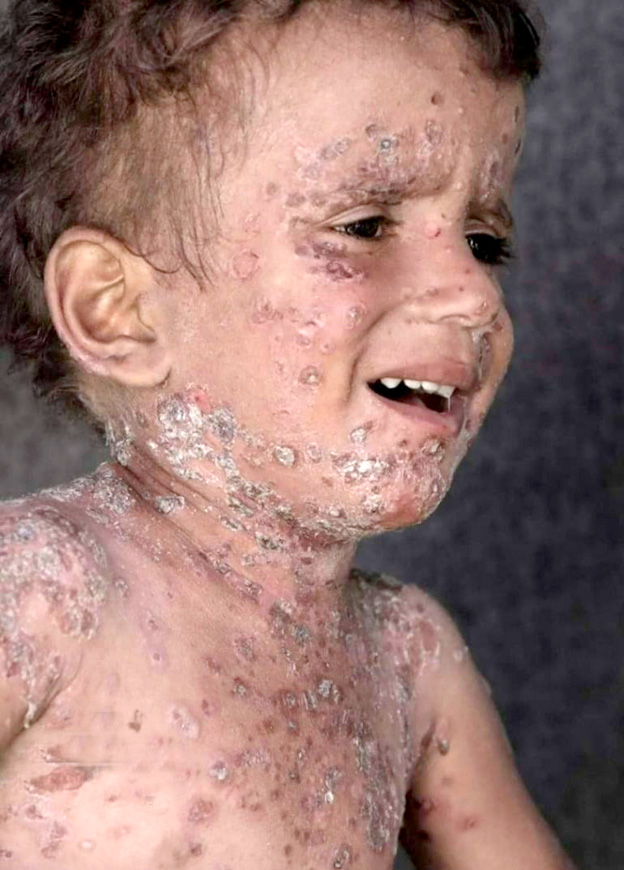
HAMAS has called on the international community to take immediate action to ‘stop the crime of forced displacement, ethnic cleansing and massacres’ carried out by Israel in northern Gaza.
The Palestinian group said the Israeli army has been ‘besieging schools and hospitals, committing massacres against defenceless and displaced citizens, and carrying out the most heinous forced displacement operation live on air and in full view of the entire world.’
It also called Israel’s practices ‘a blatant violation of all laws, regulations and norms, and would not have happened without the silence and inaction of the international community, and the complicit behaviour of the US administration.’
At least 45 people were killed in Israeli attacks across Gaza yesterday morning, 37 of them in northern Gaza.
The armed wing of Hamas said it struck three Israeli D9 bulldozers in northern Gaza in separate attacks in the al-Faluja area of Jabalia.
The Qassam Brigades said on Telegram its fighters hit two of the bulldozers with a Yassin 105 rocket and a Shawaz explosive device,and the other was attacked with a ‘ground bomb’ on al-Saftawi Street north of Gaza City.
The Foreign Ministry of Indonesia has called on the United Nations Security Council to take ‘decisive action’ to end the war on Gaza ‘without delay’, and condemned attacks on health facilities in the besieged Palestinian territory.
‘The attacks targeting healthcare facilities and workers in northern Gaza, including the Indonesian Hospital, are clear violations of international law, international humanitarian law and fundamental human rights,’ the ministry said in a statement.
The Israeli military’s weeks-long siege of northern Gaza has pushed many to the verge of starvation amid unrelenting air and ground attacks and the mass expulsion of residents.
Meanwhile, Save the Children warned that more than 400,000 forcibly displaced children in Lebanon risk skin disease, cholera and other waterborne illnesses due to overcrowding, minimal infrastructure in shelters and a lack of water and sanitation facilities.
The charity said the first cases of cholera and scabies have been reported among some of the 1.2 million people forced from their homes by Israeli attacks.
Kamal Nasser El Deen, emergency response coordinator at Save the Children Lebanon, said: ‘The facilities are inadequate for the number of people, and to make matters worse, the water supply is inconsistent. This lack of clean, reliable water creates a significant risk for waterborne diseases.’